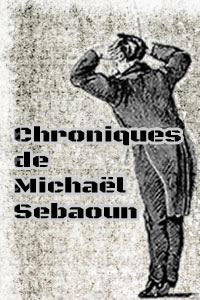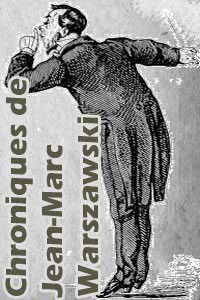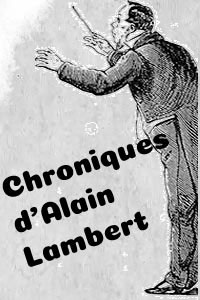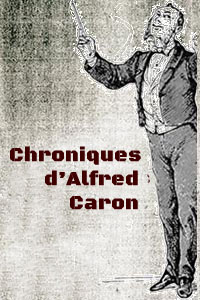
mercredi 22 juillet 2015
International Conference on New Technologies for Music Notation and Representation (TENOR 2016)
Call for Papers
27-29 mai 2016 Cambridge
Anglia Ruskin University
The second International Conference on Technologies for Music Notation and Representation is dedicated to issues in theoretical and applied research and development in Music Notation and Representation, with a focus on computer tools and applications, music creation and cognition.
Until very recently, the support provided by computer music developers and practitioners to the field of symbolic notation has remained fairly conventional. However, recent developments indicate that the field of tools for musical notation is now moving towards new forms of representation. Moreover, musical notation, transcription, sonic visualisation, and musical representation are often associated with the fields of musical analysis, ethnology, and acoustics. The aim of this conference is to explore all recent mutations of notation and representation in all domains of music.
This year we are extending the call to include cognition as well as ontological issues of performance practice arising from the use of traditional and/or graphical notation systems in live electronics.
In addition to paper submissions, we are interested in receiving proposals for workshops involving technologies of notation and representation. We would also be happy to receive proposals involving presentation formats which challenge the paper/presentation model.
TOPICS OF INTEREST
Musical creation
- Notation in electronic and electroacoustic music
- Notations for interactive music
- Notation for sound installations
- Notation for the multimedia and mixed arts
- Live coding
- Ontologies of notation
Musical notation
- Innovative computer applications for music notation
- Languages for music notation
- Gesture notation
- Notation and mobile devices
- Exchange formats for music notation
- Online tools and languages for music notation and representation
Analysis, notation & pieces studies
- Analysis of contemporary notations
- Semiotics of new notation forms
- Ontology of the notation of interactive music
- Data mining, music notation corpus, databases
- Notation in mind: notation and cognition
Representation, transcription
- Sound visualisation
- Interactive representation
- Transcription in ethnomusicology and representation of non-written musics
- Non-western or ancient music trans-notation
- Representation and transcription in acoustic ecology and soundscapes
- Optical music recognition
Listening, teaching
- Listening guides
- Live and offline annotation
- Notations for music pedagogy
SUBMISSION
More information & submission at https://tenor2016.tenor-conference.org
Deadline for paper and workshop proposal submission:
Monday November 16, 2015
Création du nouveau concerto pour piano de René Koering
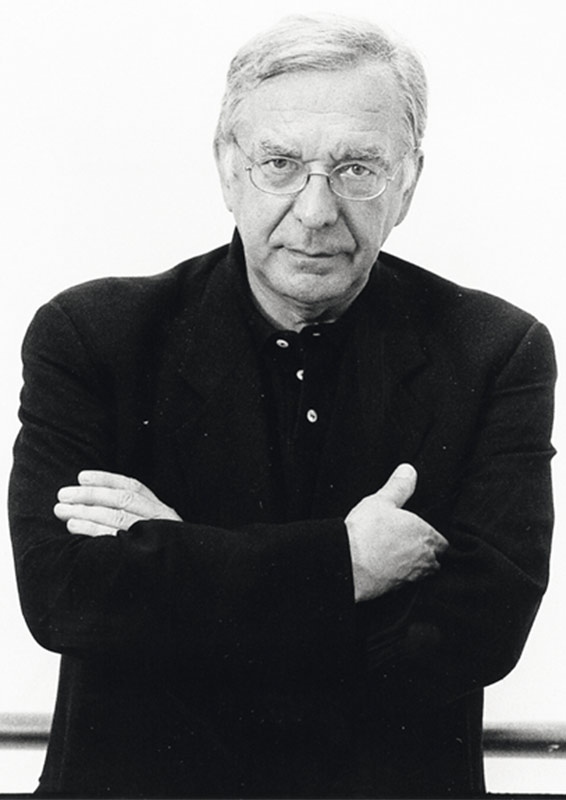 René Koering. Photographie D. R.
René Koering. Photographie D. R.
Par Eusebius ——
Traditionnellement, chaque année, l'Orchestre National de France se produit au Festival Radio-France Montpellier. La nouveauté de cette 30e édition réside dans la première partie du programme, consacrée à deux créations de René Koering, qui imprima sa marque au Festival qu'il enfanta1 : une Suite de Pelléas et Mélisande, pour grand orchestre2, et un nouveau concerto pour piano et orchestre « Sprachgitter Ephrem ».
Le Pelléas de Debussy est une partition sacralisée et, à notre connaissance, seul Erich Leinsdorf a osé en extraire une suite orchestrale3. L'oeuvre, par ailleurs tombée dans le domaine public, a fasciné le compositeur d'opéras qu'est René Koering. « La partition d'orchestre est beaucoup plus belle que l'écriture vocale, qui m'est apparue comme un glacis sur un mets parfait » écrit-il en guise d'introduction.
Quand planait l'ombre des hommes…
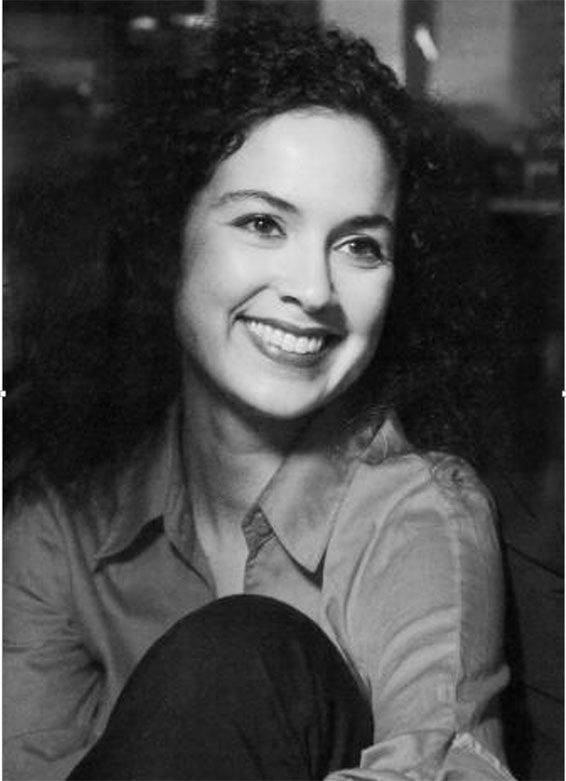 Paloma Kouider, pianiste du Trio Karénine. Photographie © Béatrice Cruveiller.
Paloma Kouider, pianiste du Trio Karénine. Photographie © Béatrice Cruveiller.
Par Eusebius ——
Réduites le plus souvent à vivre à l'ombre des hommes, frère, époux, père ou fils, leur activité de compositrice n'a pas connu le retentissement mérité1. Les œuvres de six femmes du XIXe et de la première moitié du XXe siècle sont données par des interprètes de choix2.
Le trio pour piano, violon et violoncelle en ré mineur, opus 11 de Fanny Mendelssohn est au cœur du concert, encadré d'ouvres vocales et pianistiques dont il sera question plus loin. Le trio Karénine, lauréat de nombreux prix, fondé en 2009, s'est hissé parmi les plus brillantes formations de musique de chambre de sa génération. Alors qu'elle avait 15 ans, Fanny avait reçu de son père l'injonction de se contenter de la musique comme d'un agrément. Brillante pianiste, elle ne renonça pas pour autant à l'écriture et nous laisse une œuvre abondante qui commence à trouver son autonomie.
Petites annonces
Recherche groupes musicaux pour animer le Marathon Metz Mirabelle
Recherche groupes de musique rock et variété en Meurthe-et-Moselle
Revue de presse musicale
(Russia beyond the headlines) 14 pays participeront à un festival de musique militaire sur la Place Rouge
(Culturebox) 40 ans de Paléo Festival : les créateurs se souviennent
musicologie.org |
Biographies de musiciens |
Articles et documents Flus RSS |
© musicologie.org 2014

Mercredi 22 Juillet, 2015 21:45
| L | M | M | J | V | S | D |
|---|---|---|---|---|---|---|
| 01 | 02 | 03 | 04 | 05 | ||
| 06 | 07 | 08 | 09 | 10 | 11 | 12 |
| 13 | 14 | 15 | 16 | 17 | 18 | 19 |
| 20 | 21 | 22 | 23 | 24 | 25 | 26 |
| 27 | 28 | 29 | 30 | 31 |




